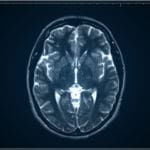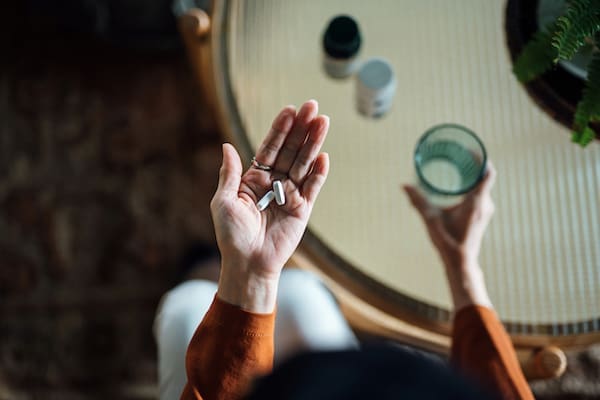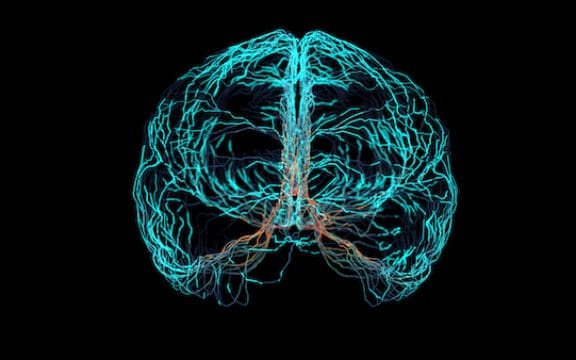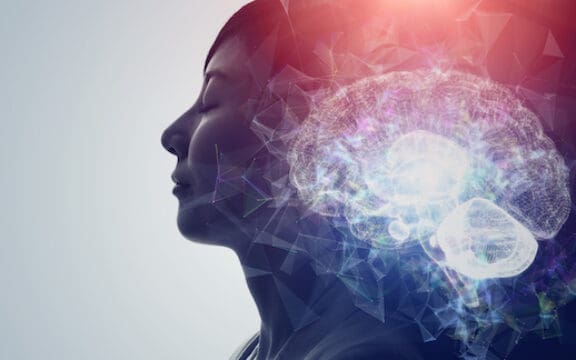Innovation in modern medicine doesn’t always necessitate the invention of new drugs; in some cases, existing medications may be repurposed. One such interesting case is how the antibiotic D-cycloserine might augment other mental health treatments.
The Narrative Surrounding Repurposed Medication
For decades, the discourse surrounding the repurposing of medications has garnered significant attention in medical communities worldwide. Also known as drug re-profiling or re-tasking, this field of interest involves extensive research repositioning existing antibiotics as innovative solutions for illnesses outside of their original purview.
Whereas the development of brand-new drugs is monumentally taxing on both human and capital resources, drug repurposing may provide a more fiscally feasible route for researchers and clinicians attempting to forge new solutions.
Because readily available medications have already undergone pre-existing clinical trials and approval by the Food and Drug Administration (FDA), they’re able to circumvent testing cycles and discovery pipeline impediments that are traditionally both costly and protracted. However drug reprofiling has caused concerns to circulate regarding rising antimicrobial resistance (AMR), which threatens the macrocosmic effectiveness of such antibiotics down the line.
What is D-Cycloserine?
Centered amid the larger conversation of drug repositioning is the antibiotic D-Cycloserine, also known as DCS, traditionally intended to treat drug-resistant expressions of M. tuberculosis and M. bovis. In the wake of other medications that have proved ineffective against harmful bacteria, D-cycloserine works against key bacterial enzymes to hinder cell wall biosynthesis.
As is the case with all beneficial medications, D-cycloserine possesses some side effects. Because this antibiotic is capable of infiltrating the central nervous system, side effects include drowsiness or dizziness, tremors, headaches, and in extreme cases, seizures.
How is D-Cycloserine Being Repurposed?
In the last decade, research has flourished in studies that correlate the usage of DCS with health benefits beyond the realm of drug-resistant tuberculosis. So what else can D-cycloserine potentially offer? A meta-analysis of thirteen studies showed that when administered alongside cognitive behavioral therapy (CBT), D-cycloserine has been proven to assist in the treatment of a host of anxiety disorders, including social anxiety, obsessive-compulsive disorder, panic disorder, PTSD, and a number of individual phobias.
Major depressive disorder (MDD) is next on the exploratory docket for DCS augmentation. New research suggests that when treating patients for depression, the futures of both DCS and transcranial magnetic stimulation (TMS) may be beneficially linked.
TMS combined with DCS
When it comes to battling depression every person requires a specific individualized treatment plan. Many people benefit from transcranial magnetic stimulation to improve their depressive symptoms,
TMS treatments use non-invasive magnetic stimulation to target and regulate low-activity regions of the dorsolateral prefrontal cortex area of the brain. While such treatments are incredibly effective in their own right, a cutting-edge clinical trial now suggests that the success rate of TMS can be further augmented by concurrently administering doses of D-cycloserine.
Medical researchers posit that a neurological process known as synaptic plasticity is accountable for antidepressant effects brought about by TMS treatments. Synaptic plasticity is tied to N-methyl-D-aspartate (NDMA)-receptors; because low doses of D-cycloserine act as a partial agonist on NMDA receptors, it stands to reason that DCS may help improve synaptic plasticity and the effectiveness of TMS.
From 2019 to 2020 researchers at the University of Calgary conducted a double-blind and placebo-controlled trial in which 50 patients suffering from MDD received daily TMS treatment in conjunction with doses of either d-cycloserine or its placebo counterpart.
Following the trial, when participants were re-evaluated on the Montgomery-Åsberg Depression Rating Scale (MADRS), the results of the trial were definitively in DCS’ favor. After four weeks, approximately 75% of subjects treated with both TMS and DCS exhibited improved MADRS scores as opposed to 30% receiving TMS and a placebo. Participants receiving DCS also exhibited lower levels of anxiety and greater mental health in general.
Explore Treatment Options With MidCity TMS
Major depression is associated with reduced synaptic plasticity, and so TMS may be asking the depressed brain to aapt to stimulation in a way that it can not readily do. Adding D-Cycloserine to TMS treatment appears to enhance TMS’s ability to drive synaptic plasticity and thereby more effectively treat depression. Subsequent research efforts featuring larger subject pools are sure to follow in the coming years.
Whether augmenting TMS treatments with therapy, antidepressants, or D-cycloserine, MidCity TMS is here to provide significant relief for ongoing depression and anxiety disorders. For both new and returning patients, our highly trained professionals are here to discuss individualized treatment plans that will measurably improve your quality of life with our non-invasive, state-of-the-art procedures. Contact us with any further related questions or to schedule a consultation today.


































